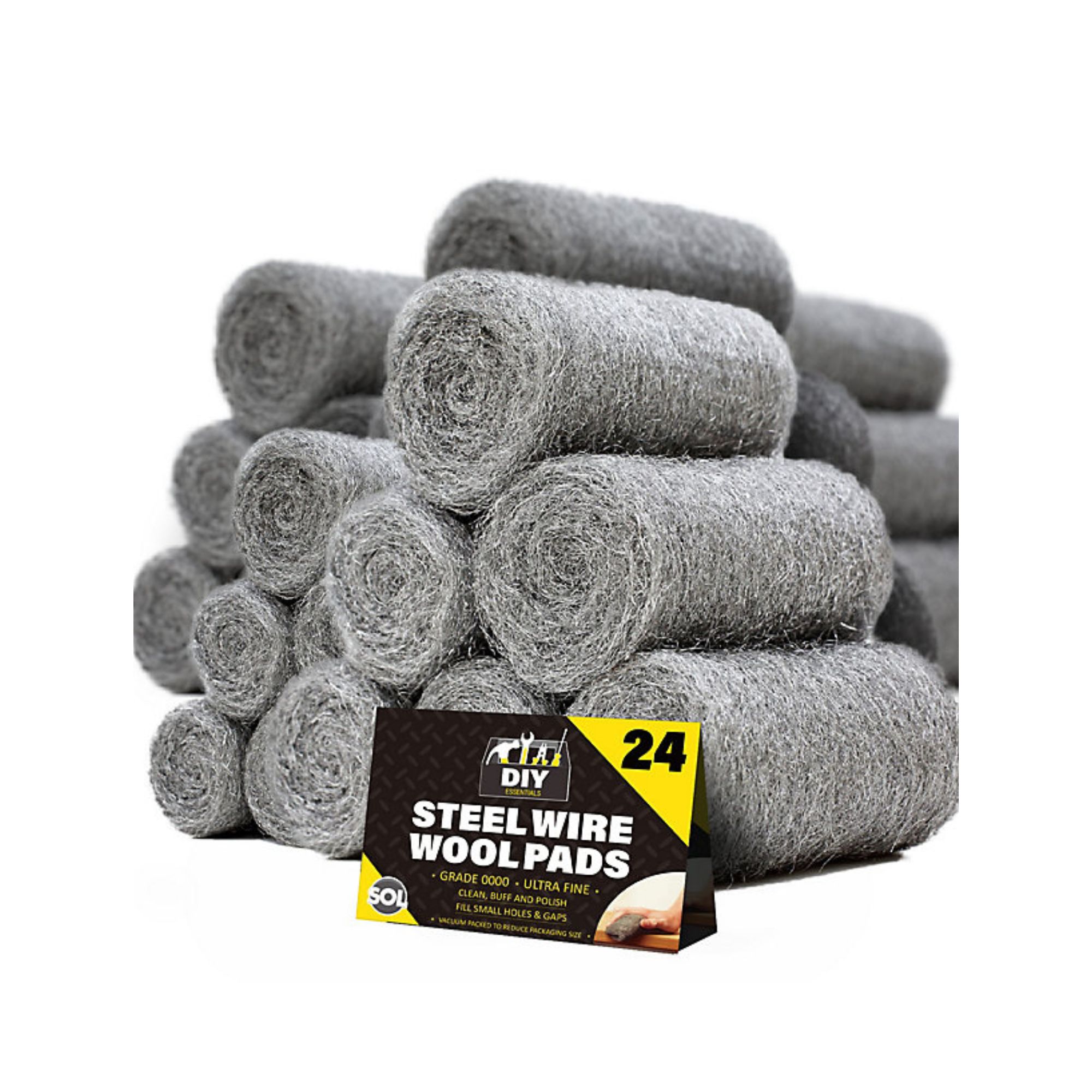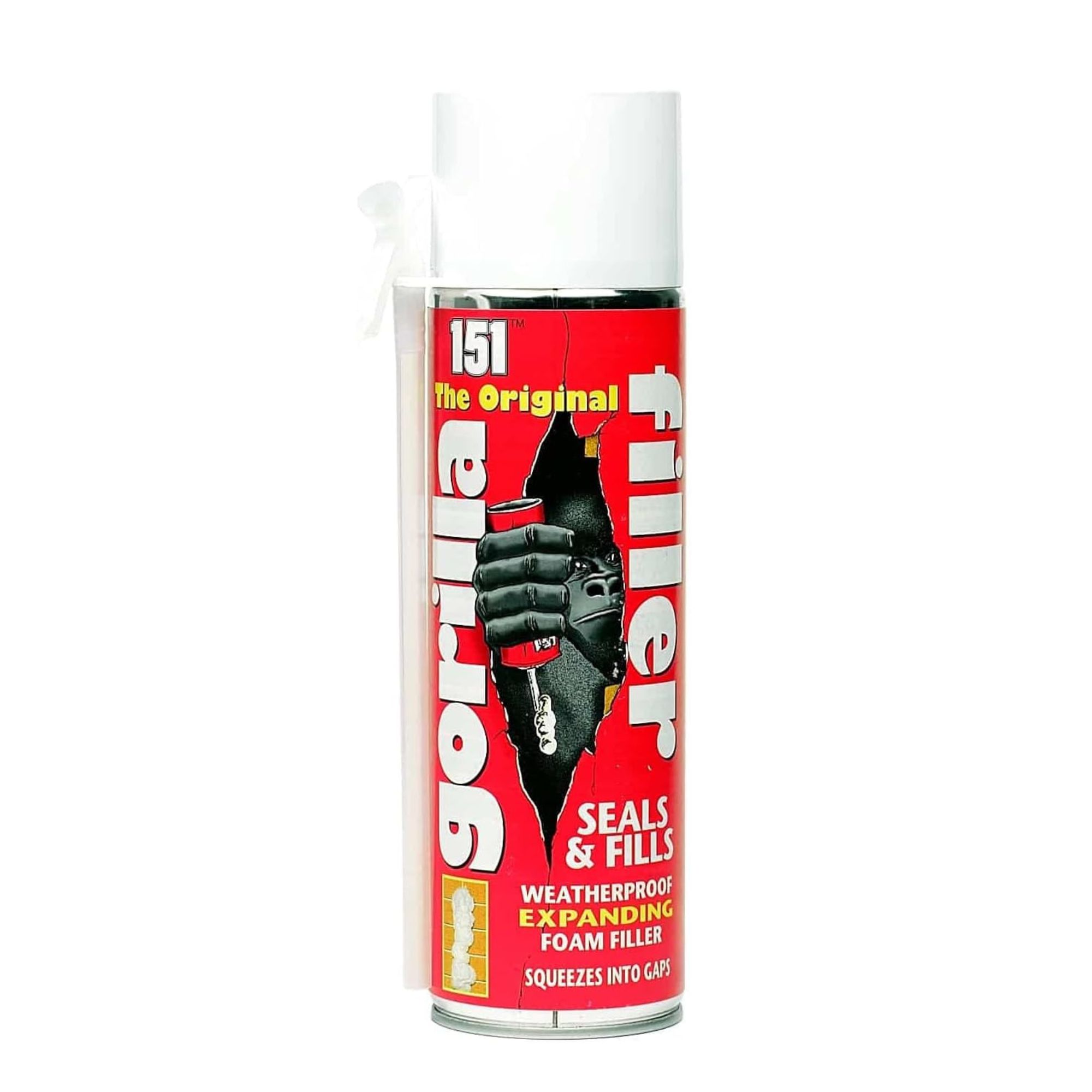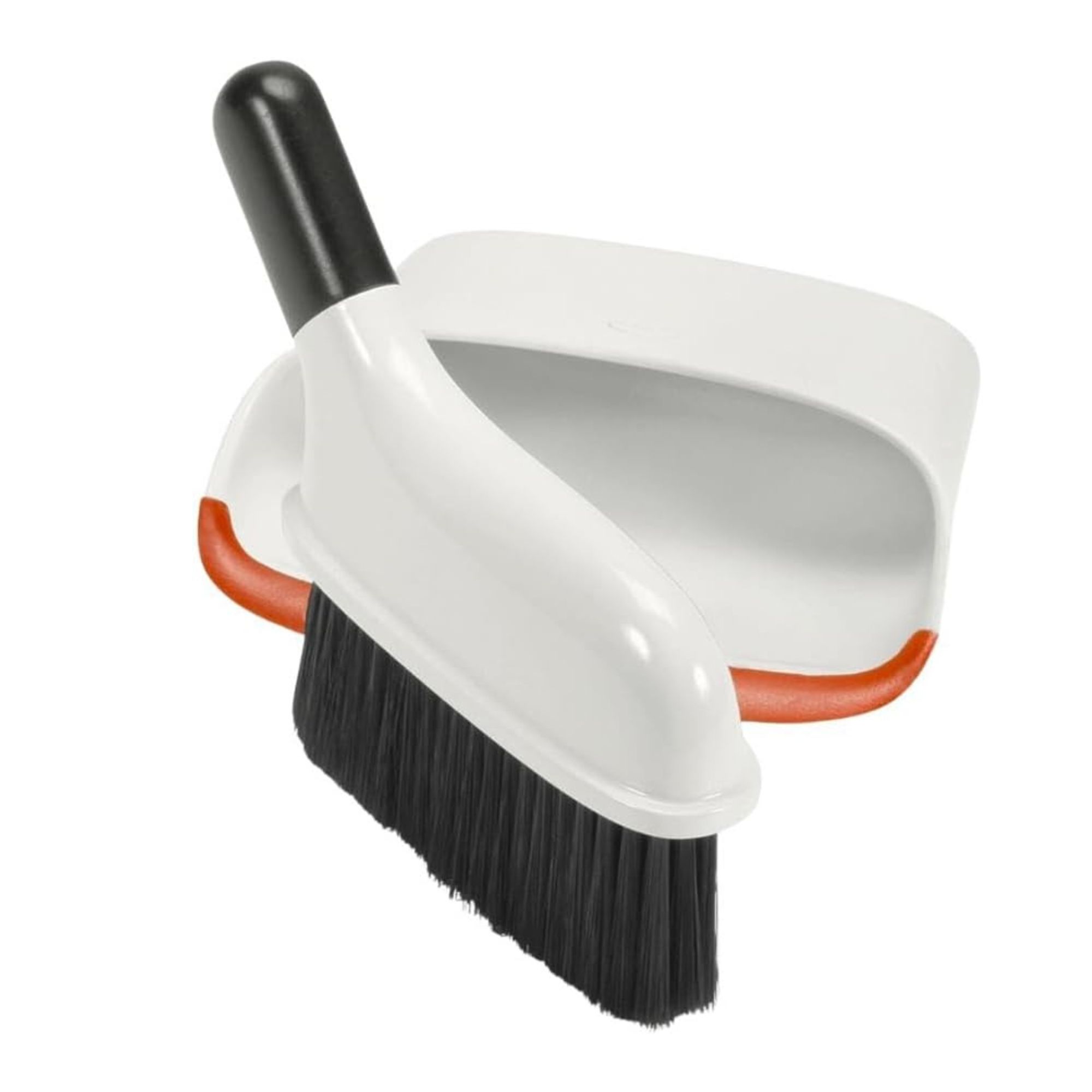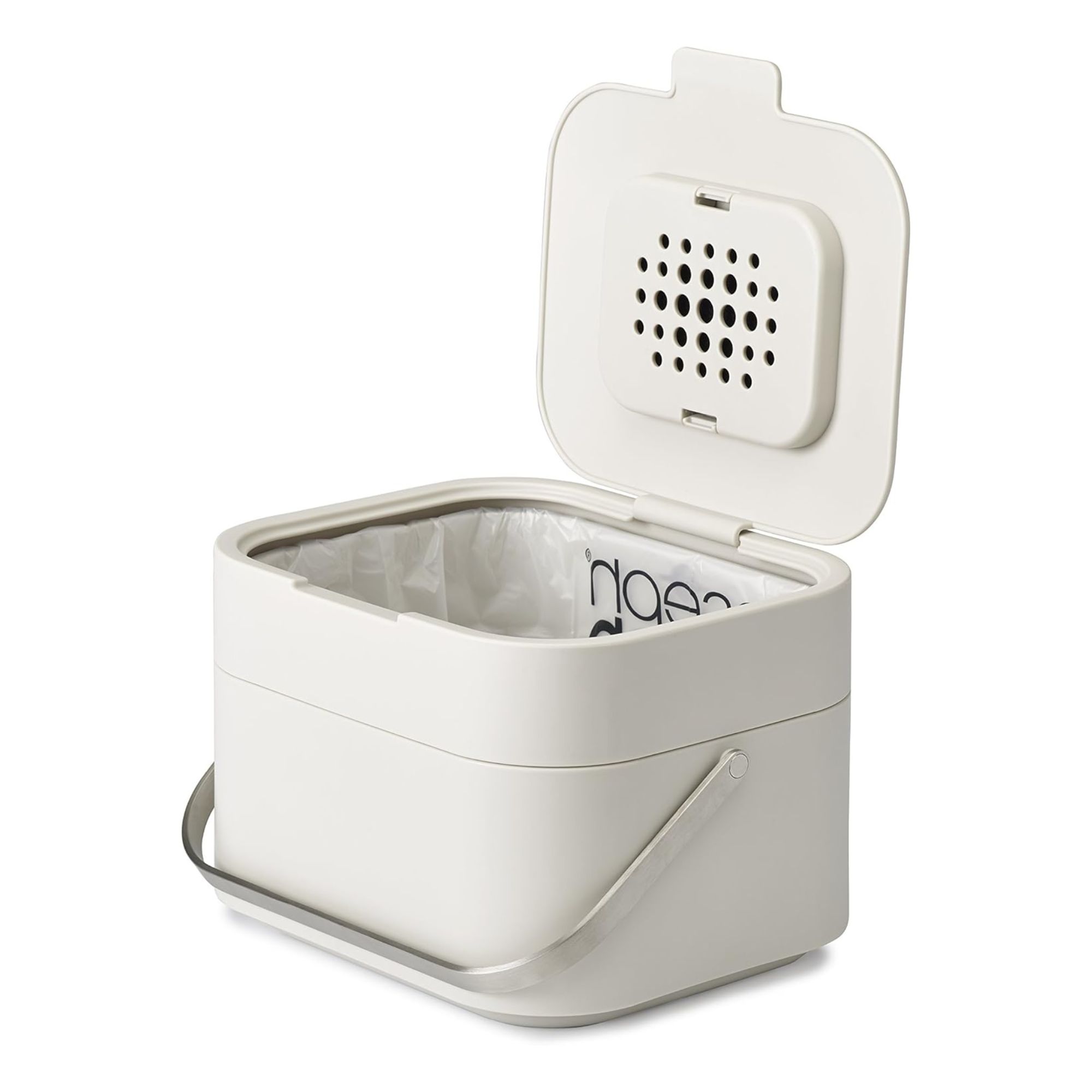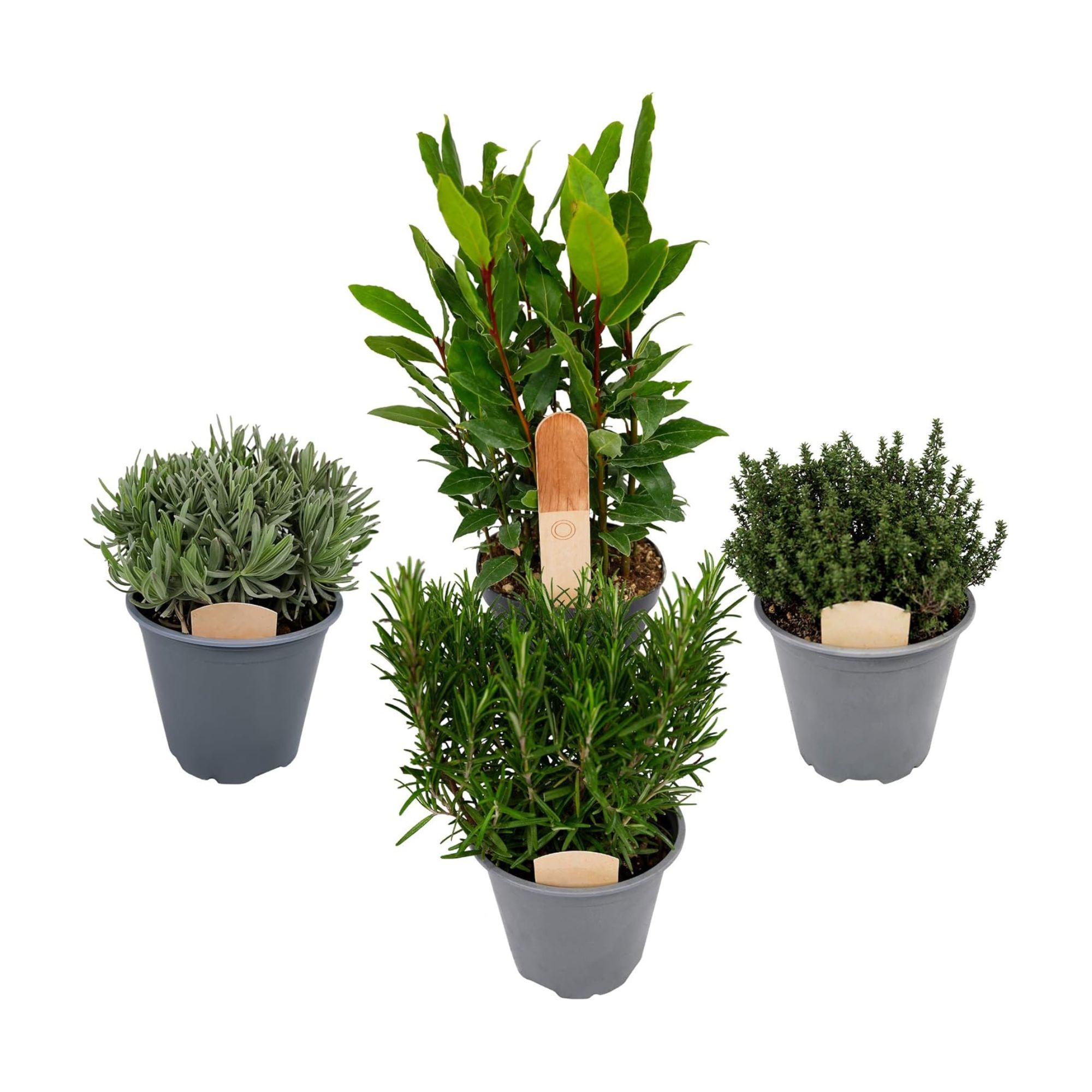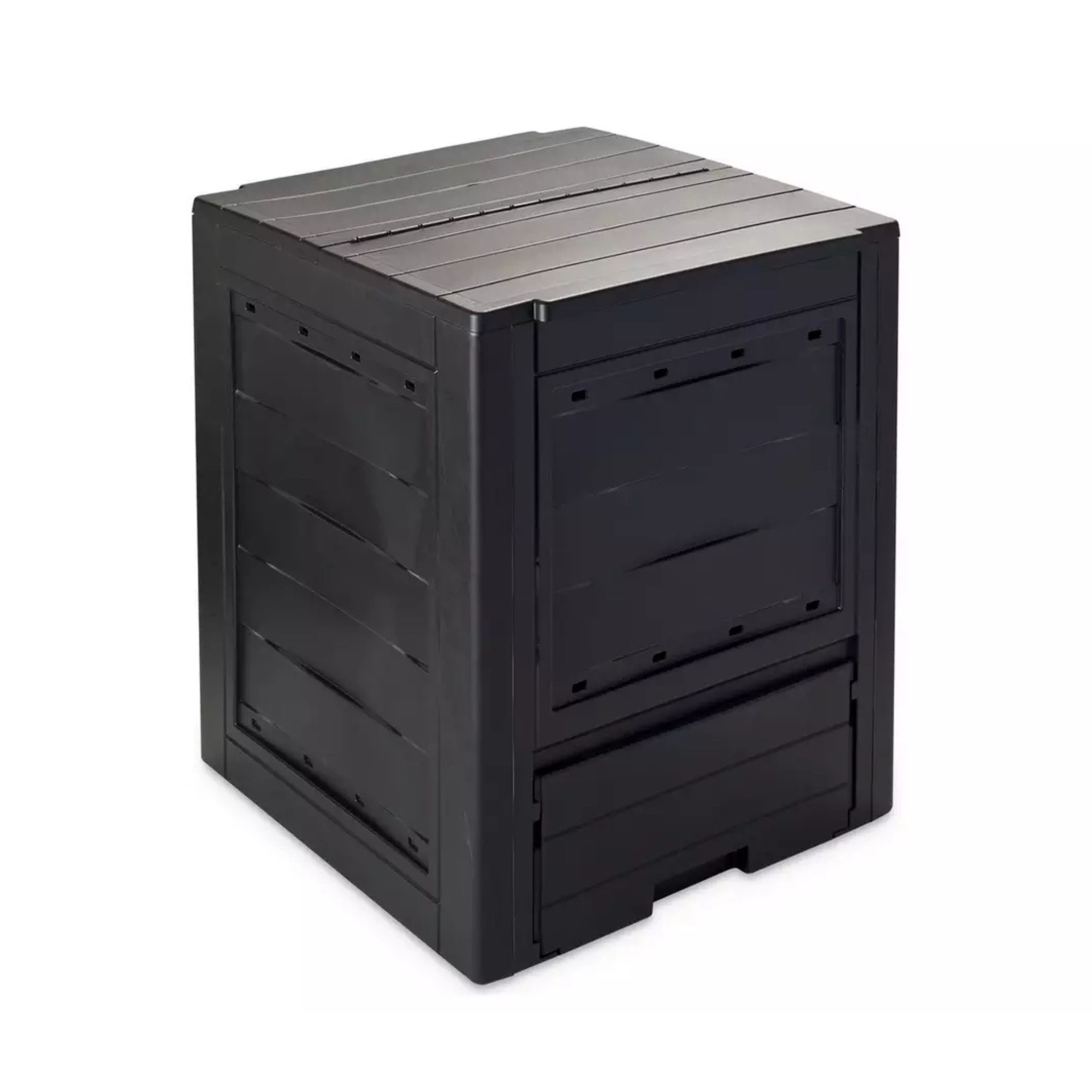How to pest-proof your home for winter - 6 ways to keep rodents, spiders and other pests at bay
If they’re not paying rent… they’re not staying over winter


Recently, I was enjoying a lazy Sunday on the sofa when my husband suddenly jumped out of his seat - he'd just seen a mouse. By the time I’d had the chance to take in what he’d said, the little guy had scuttled away and was nowhere to be found. But the experience was a little too wild for our liking and got us wondering how to pest-proof our home for winter.
Of course, we don’t blame the mouse for taking shelter in our home. During the winter months, pests of all kinds - from mice and rats to slugs and cockroaches - try to hide from the harsh winter elements. And by keeping our house warm in winter for our own comfort, we’d also created a desirable environment for pests.
Although we did everything we could to get rid of the mouse, we knew we’d have to take extra steps to ensure it didn’t come back or bring any other friends with it. So, I reached out to pest experts to understand what we could do to keep these critters at bay - and I’ve shared all of the information below so you can pest-proof your home for winter, too.
1. Seal off any cracks and holes

Whether you want to get rid of rats or keep spiders out of your home, it’s important to consider all the ways they could be making their way into your home.
As pests come in all shapes and sizes, you need to look for cracks and holes that could serve as entryways to your home and repair them. It could be something as simple as a visible crack in your brickwork or something less obvious, like the space around your utility pipes.
This is echoed by Daniel Steward, Managing Director at Shield Pest Control, who says, ‘Rodent activity tends to spike during winter as these pests seek warmth and shelter indoors. To prevent this, it's essential to seal entry points like cracks in foundations or gaps around windows and doors, preventing rodents from gaining access.’
In our case, my husband deduced that the mouse he spotted was coming through the suspended floor in our Victorian terrace. So, we’ve filled all of the cracks in our laminate with a sealant and filled a few holes around our skirting boards with pest-proof wire wool.
Get the Ideal Home Newsletter
Sign up to our newsletter for style and decor inspiration, house makeovers, project advice and more.
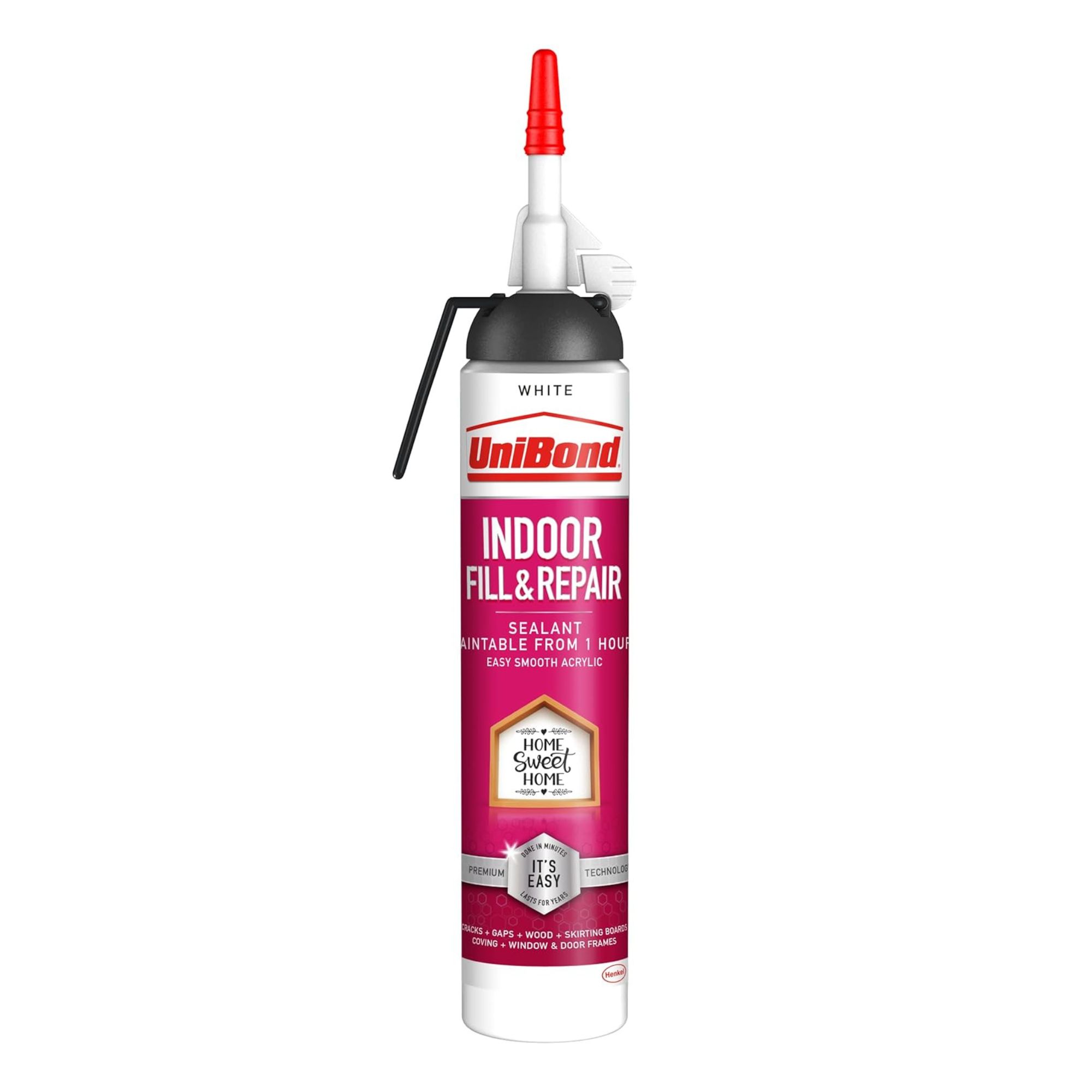
There's no cartridge gun required for this sealant. Simply seal your windows, floorboards, or any other cracks or holes you find in your home.
2. Dispose of food waste properly

Although pests primarily make their way into your home over winter for warmth, they definitely won’t say no to a bit of grub either. And if you’re someone who leaves crumbs on the counter or bins wide open, it’s highly likely that you’ll struggle with winter pests.
So, always ensure you’re disposing of food waste properly, emptying bins as soon as you can, and cleaning your kitchen regularly. This also includes your pet’s food, too.
I’m guilty of leaving my dog’s food bowl on the floor - and, whether coincidentally or not, that's where my husband spotted the mouse. Since then, I’ve been lifting my pooch's bowl up and off the floor as soon as he’s finished eating.
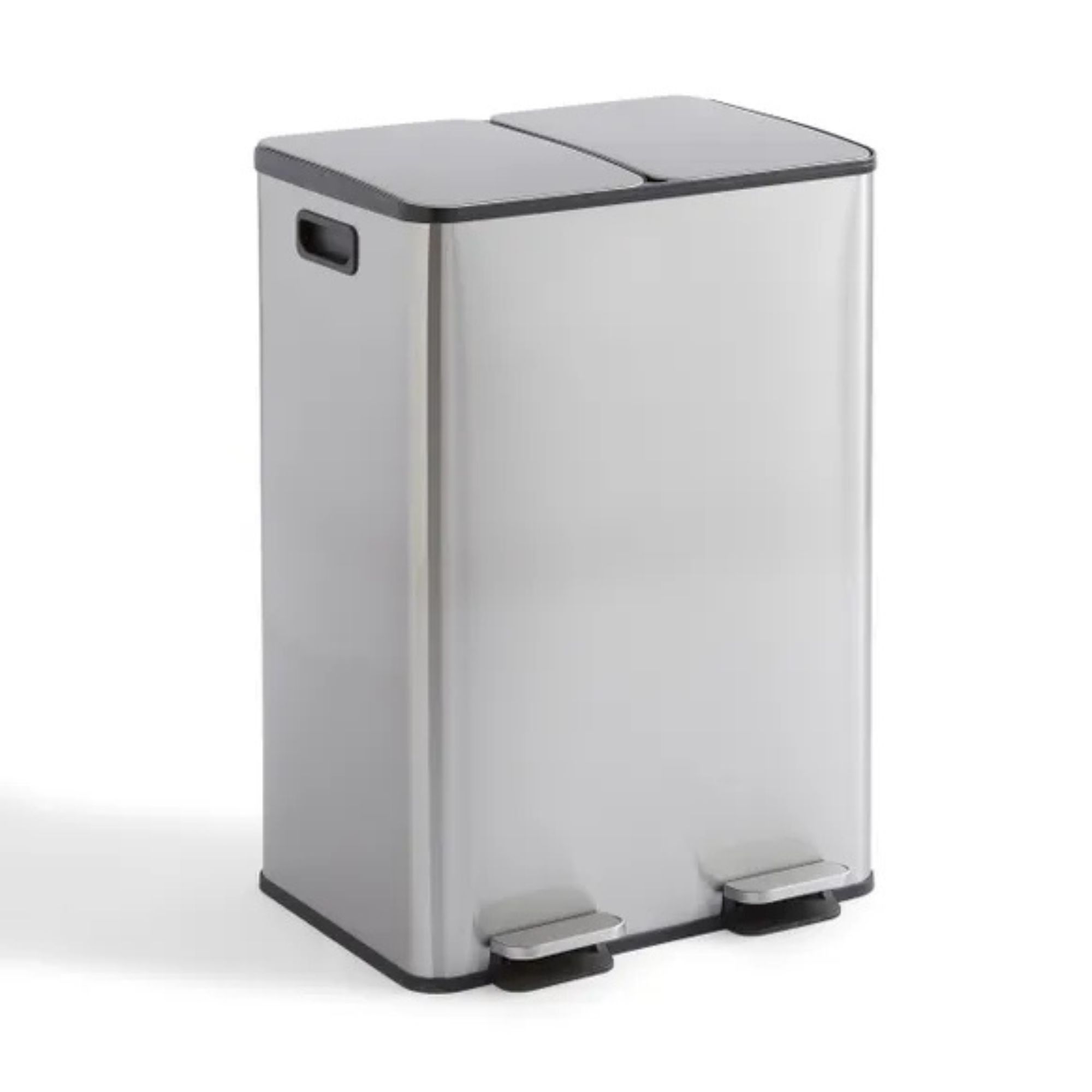
If you currently have a bin without a lid in your kitchen, it's well worth replacing it with something that won't encourage pests in your home.
3. Reduce the moisture levels in your home

Most of us spend the winter months trying to get rid of damp and condensation in our homes, but this is especially important if you want to pest-proof your home for winter. Pests such as silverfish and cockroaches usually gravitate towards moist rooms like kitchens and bathrooms, but they can also infest the rest of your home if you’re not careful.
By reducing the moisture in your home, you can make your house less desirable and keep these moisture-loving critters at bay. In fact, one of the best ways to get rid of silverfish is to invest in one of the best dehumidifiers.
But remember, this appliance won’t solve your problem if you have underlying issues in your home. That’s why you should also keep your eyes peeled for signs of a leak and understand the different types of damp, to ensure you’re not battling with something more serious.
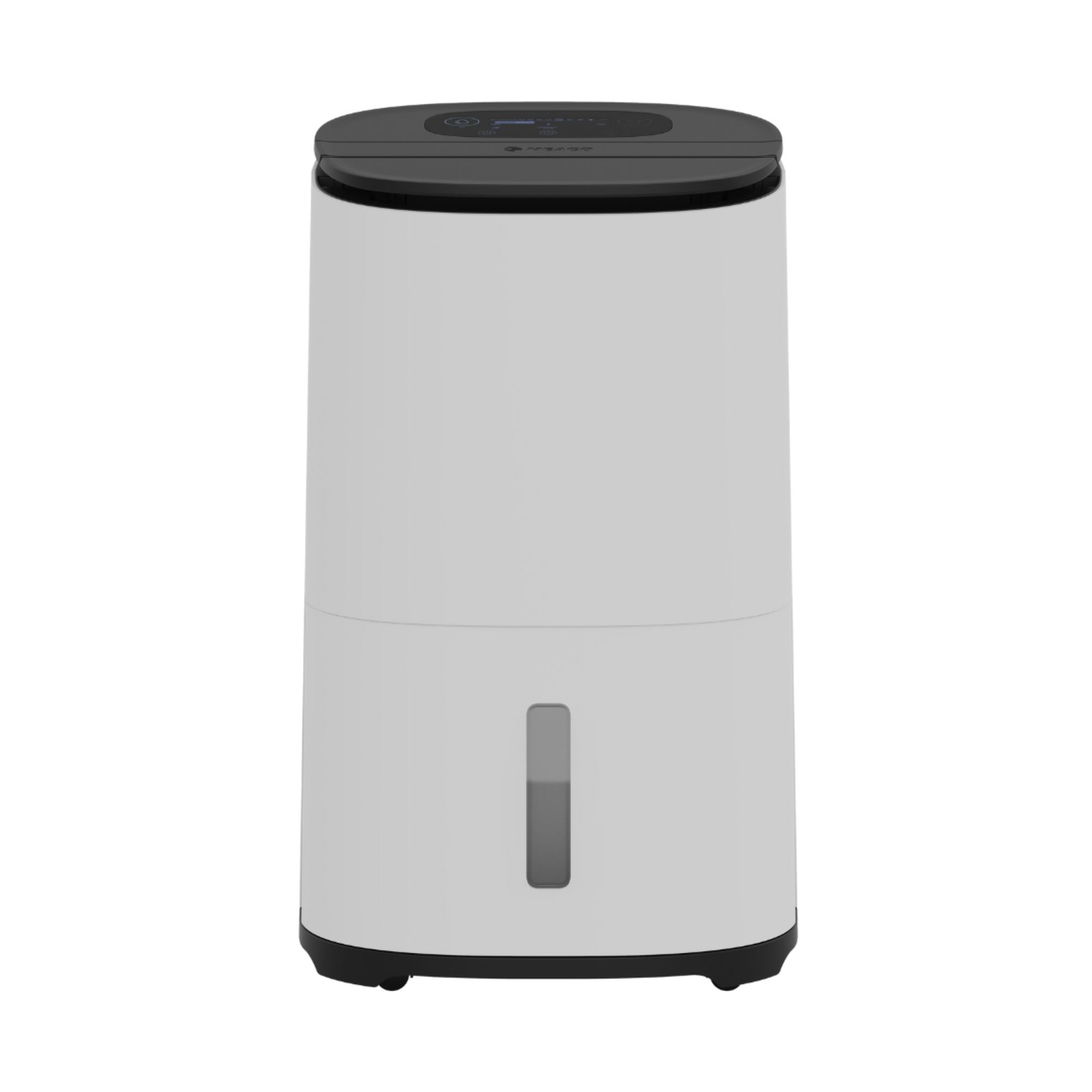
Crowned the 'best dehumidifier overall' in our guide, the MeacoDry Arete Two can help to dry out your house and keep it pest-free.
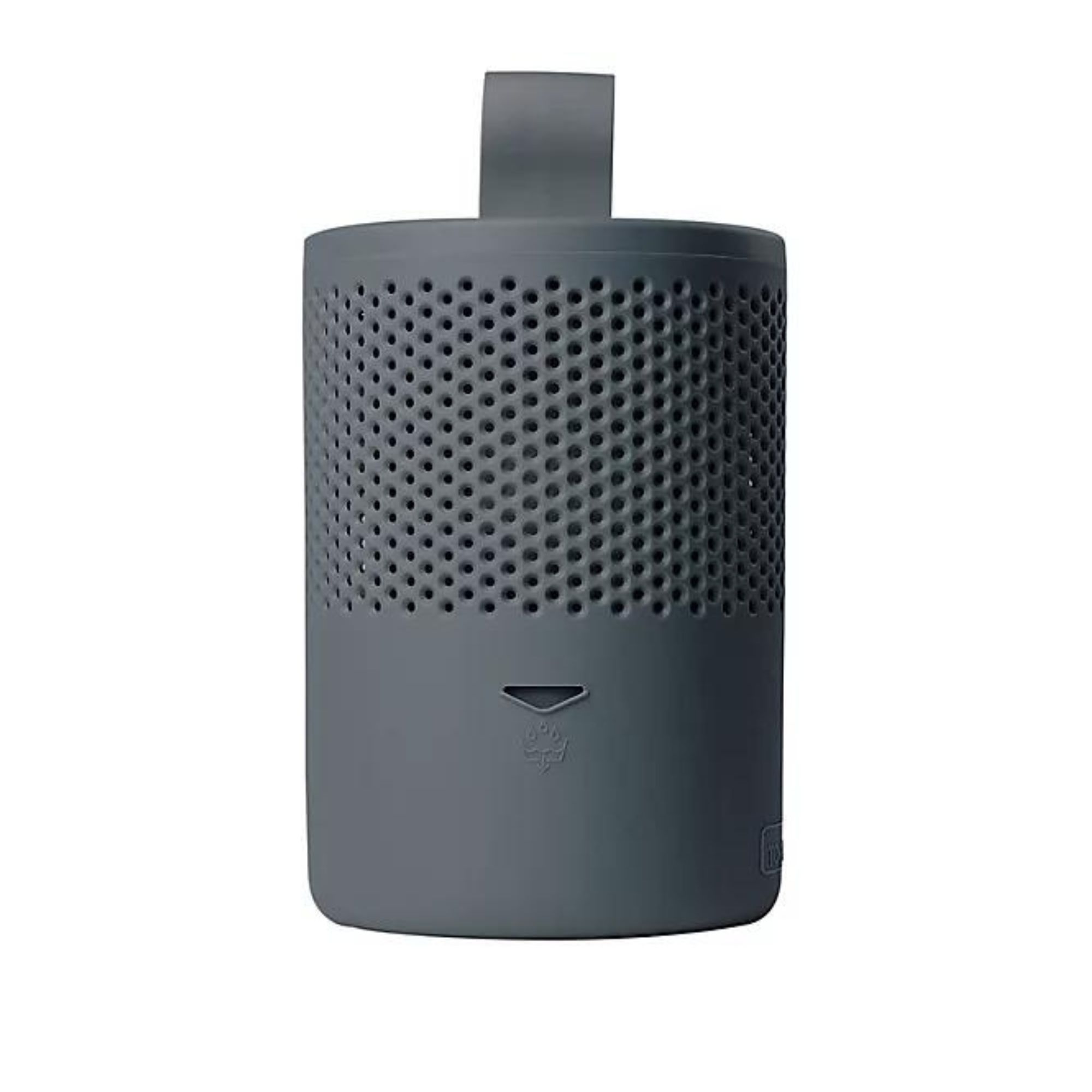
Ideal Home's Managing Editor swears by this non-electric moisture absorber to dry out her bathroom, and it's extremely affordable.
4. Spend time decluttering your house

Winter is a great time to declutter your home to ease space pressures. But doing so can actually help to pest-proof your house for winter, too.
That’s because cluttered areas of your home are ideal hiding spots for pests who want to build their nests in a safe, warm environment. They’ll use anything, too, from piles of old clothes to your collection of Bags for Life that you keep for a rainy day.
Don’t limit your decluttering efforts to your living areas, though. Decluttering storage space is also one of the best ways to get squirrels out of the loft, as pests are primarily attracted to low-traffic areas of your home. So, take this as your chance to clear out the less-used areas of your house as well.
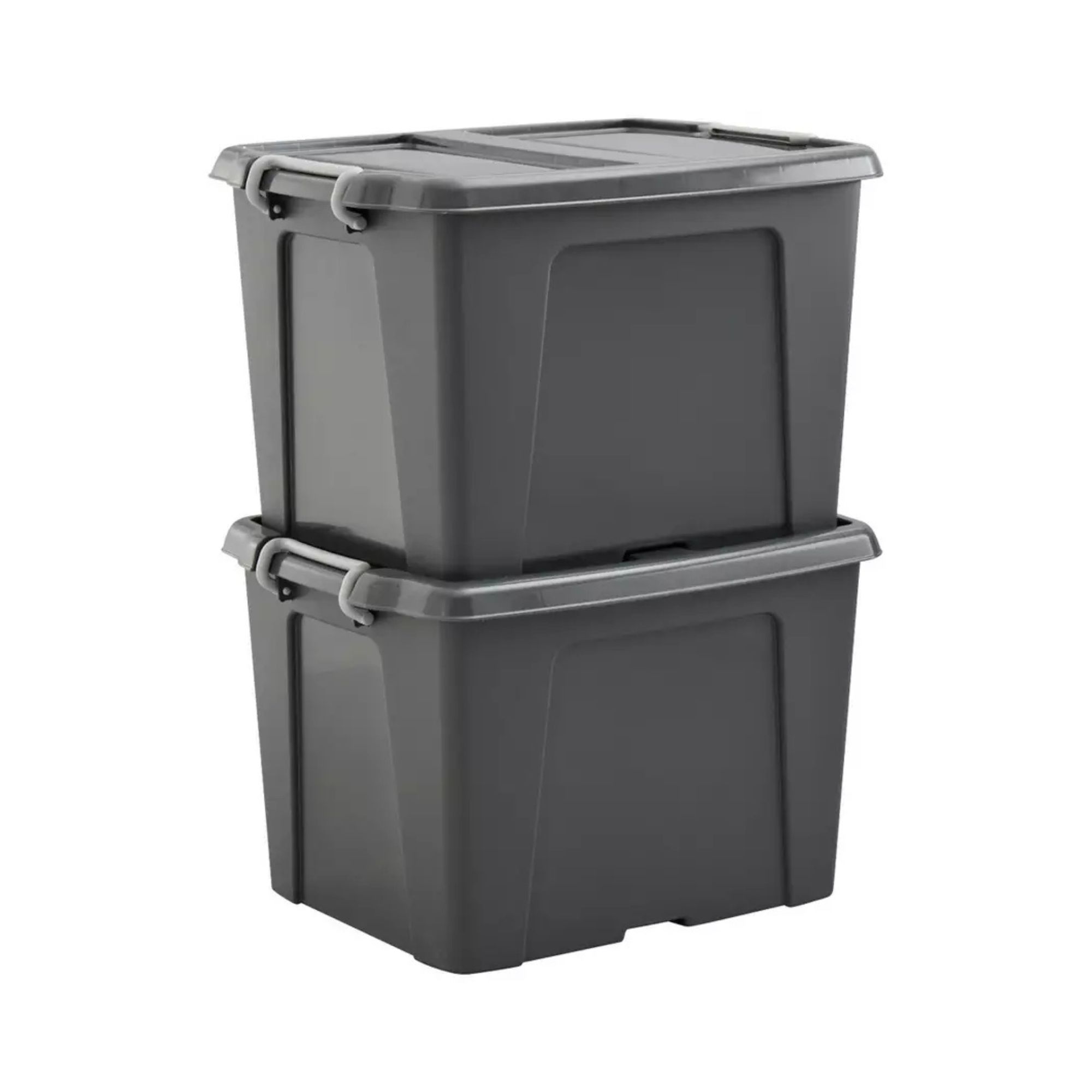
Experts always advise storing your belongings in plastic boxes rather than cardboard boxes. They're sturdier, and can't be chewed up to make a nest.
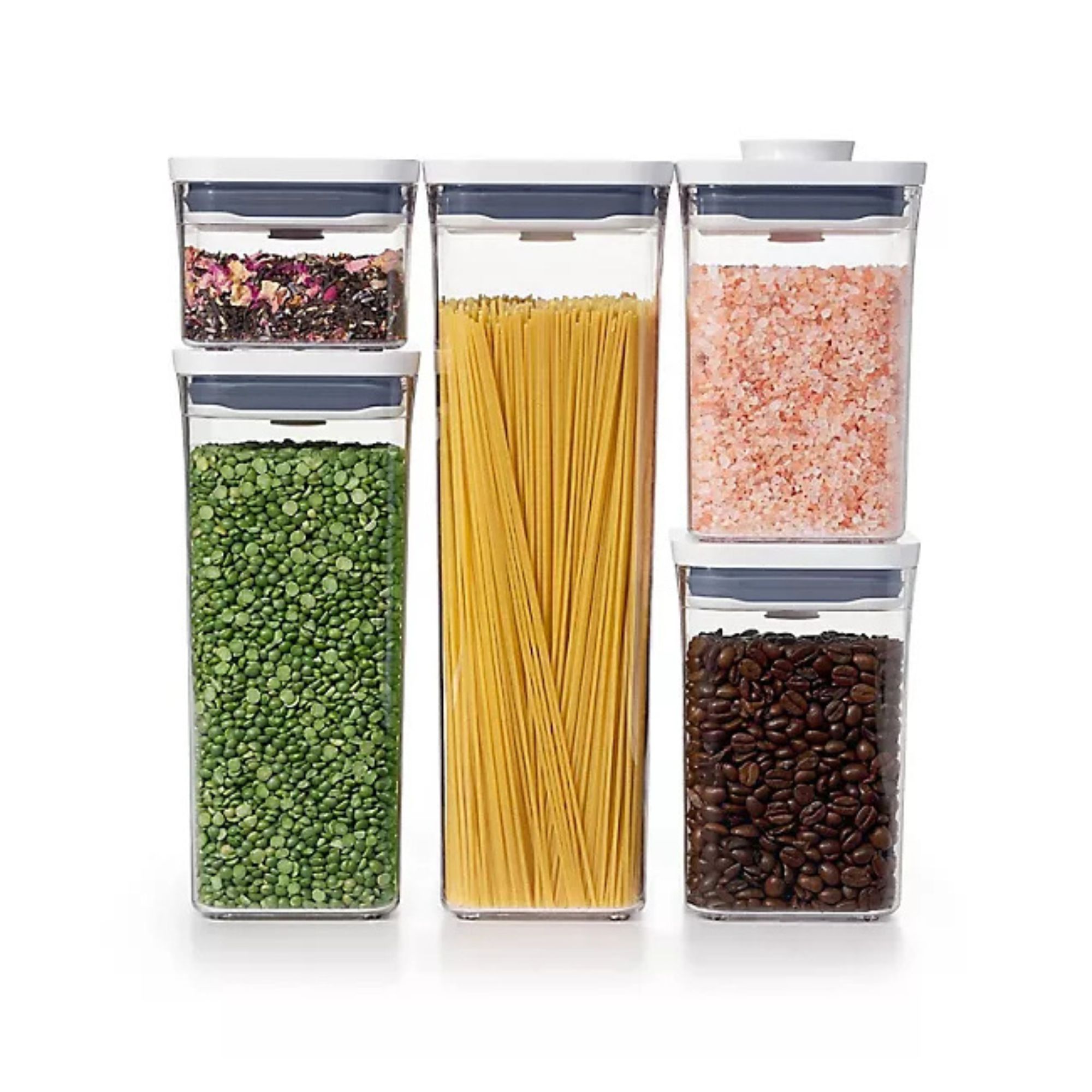
Food storage containers don't just look good. Keeping your food protected and sealed from the elements will also discourage pests.
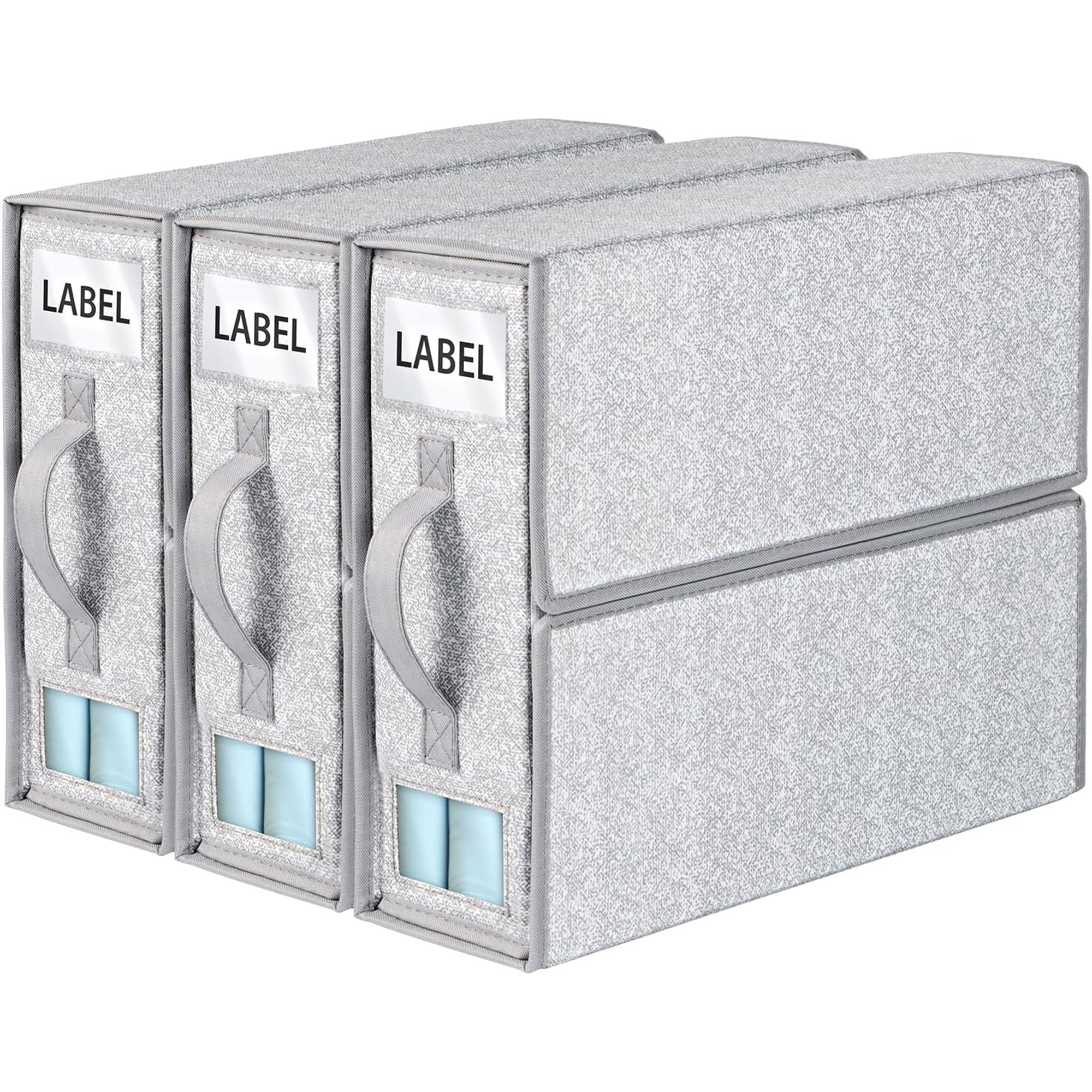
Tried and tested by our Deputy Digital Editor, these bedding organisers will keep your bedding safe - and free from rodents and other pests.
5. Sort out your garden
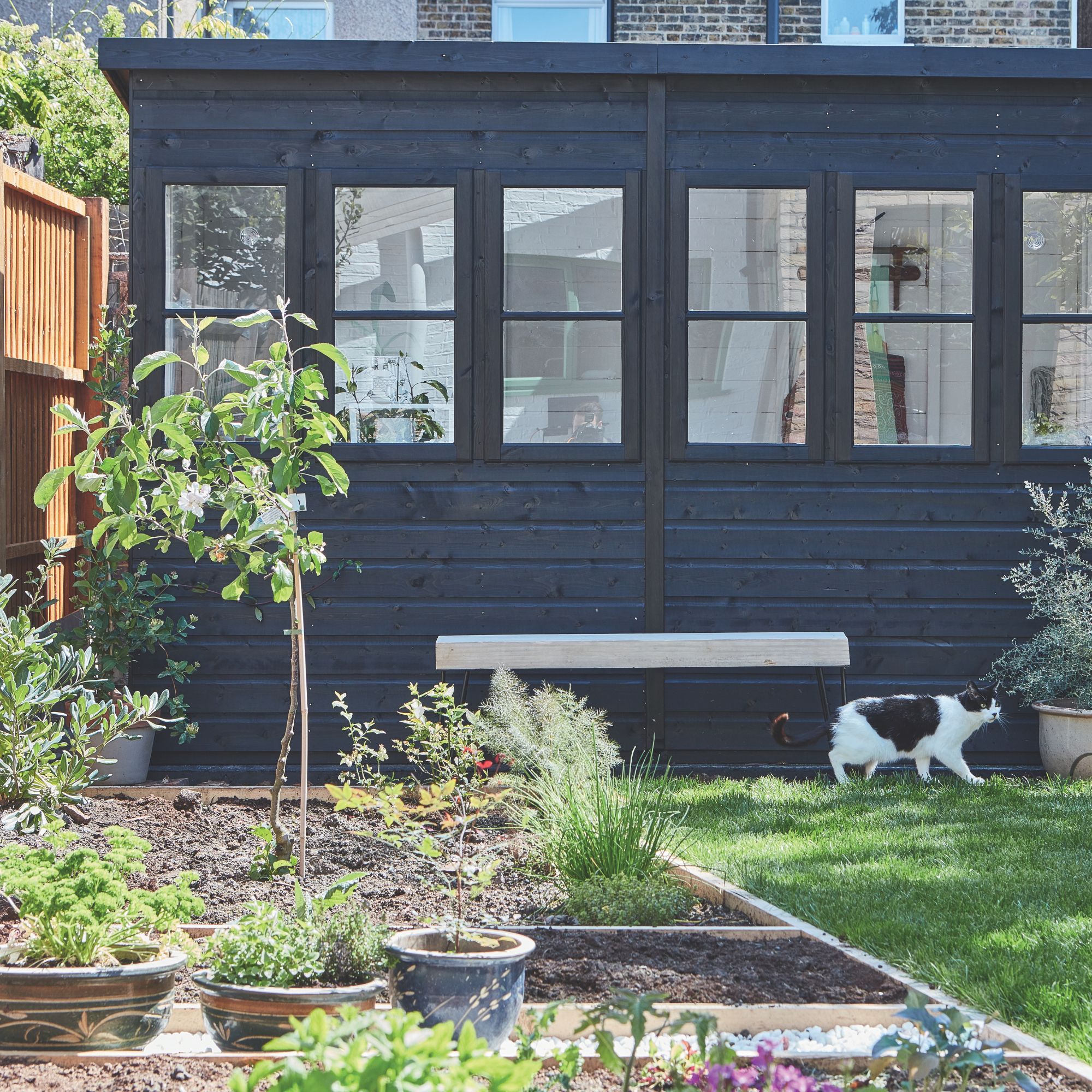
If you’re still in the process of getting your garden ready for winter, it’s well worth taking a few minutes to make a couple of outdoor changes that will keep pests away.
Of course, focusing on the outside of your home may seem counterintuitive when trying to pest-proof the inside. But making your garden less inviting to pests will keep them away from your property and reduce the chances of them entering your house.
Luke Dejahang, Director and Gardening Expert at Crown Pavilions, explains, ‘The state of your garden plays a key part in home pest infestations. Overgrown plants, woodpiles, and garden debris can attract pests such as rodents and spiders, giving them shelter close to your home.’
So, take some time to move natural garden waste onto your compost heap and consider planting pest-repellent plants throughout your garden. Growing mint and rosemary near your home will come in particularly handy if you want to stop slugs getting in your house.
Luke also suggests storing your wood wisely if you have a log burner or open fire. He says, ‘Store woodpiles at least 20 feet away from your house and elevate them off the ground if possible. Woodpiles provide ideal nesting areas for rodents, which can quickly make their way into your home if stored nearby.’
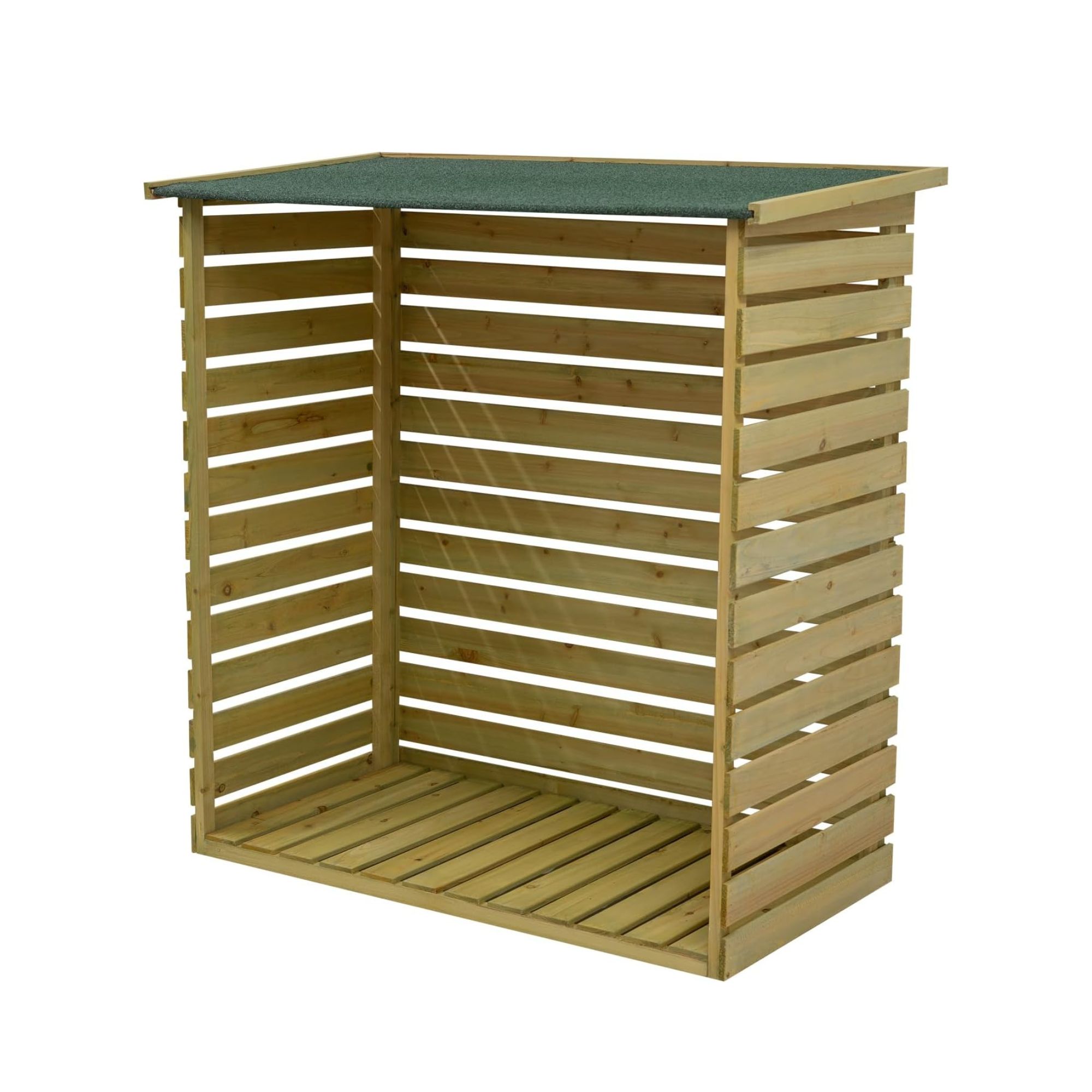
This log store can be positioned away from your home, so you don't invite any unwelcome guests into your house over winter.
6. Keep your eyes and ears peeled

While I’d love to tell you that all of the above steps will definitely keep pests out of your home over winter, they are not a guarantee. Unless you plan on battening down the hatches and not opening a door or window over the winter, there’s still a chance that mice, rats, and smaller creepy crawlies will get in.
So it’s still a good idea to keep your eyes and ears peeled for any signs of pest life as the months go by. Although you might not spot the pests themselves, you may be able to spot their faeces or nests. So, regularly give your home - including its nooks and crannies - a once-over.
Daniel adds, ‘For added peace of mind, consider scheduling a professional pest control inspection before winter fully sets in. Experts can identify potential pest issues and address them before they become problematic.’
The quicker you spot these signs, the quicker you’ll be able to deal with the pest problem at hand and get rid of them.
FAQs
What are the most common winter pests?
During the winter, many animals seek warmth and food in UK homes. This includes animals such as:
- Mice
- Rats
- Squirrels
- Slugs
- Spiders
- Cockroaches
- Silverfish.
Does a cold room keep mice away?
Yes, potentially. Mice spend their days searching for warmth over the winter, so you may find that turning your heating off and allowing the cold to take over unused rooms will keep mice at bay.
However, it’s unwise to do that on a regular basis, as cold temperatures can be detrimental to your own health and wellbeing over the winter months. There’s also no guarantee that this will keep mice away indefinitely, so it’s better to focus on your own comfort and utilise other methods to get rid of mice in your house.
So, how will you be pest-proofing your home this winter?

Lauren Bradbury has been the Content Editor for the House Manual section since January 2025 but worked with the team as a freelancer for a year and a half before that. She graduated with a Bachelor’s degree in English and Creative Writing from the University of Chichester in 2016. Then, she dipped her toe into the world of content writing, primarily focusing on home content. After years of agency work, she decided to take the plunge and become a full-time freelancer for online publications, including Real Homes and Ideal Home, before taking on this permanent role. Now, she spends her days searching for the best decluttering and cleaning hacks and creating handy how-to guides for homeowners and renters alike, as well as testing vacuums as part of her role as the Ideal Home Certified Expert in Training on Vacuums, having spent over 110 hours testing different vacuum models to date!
-
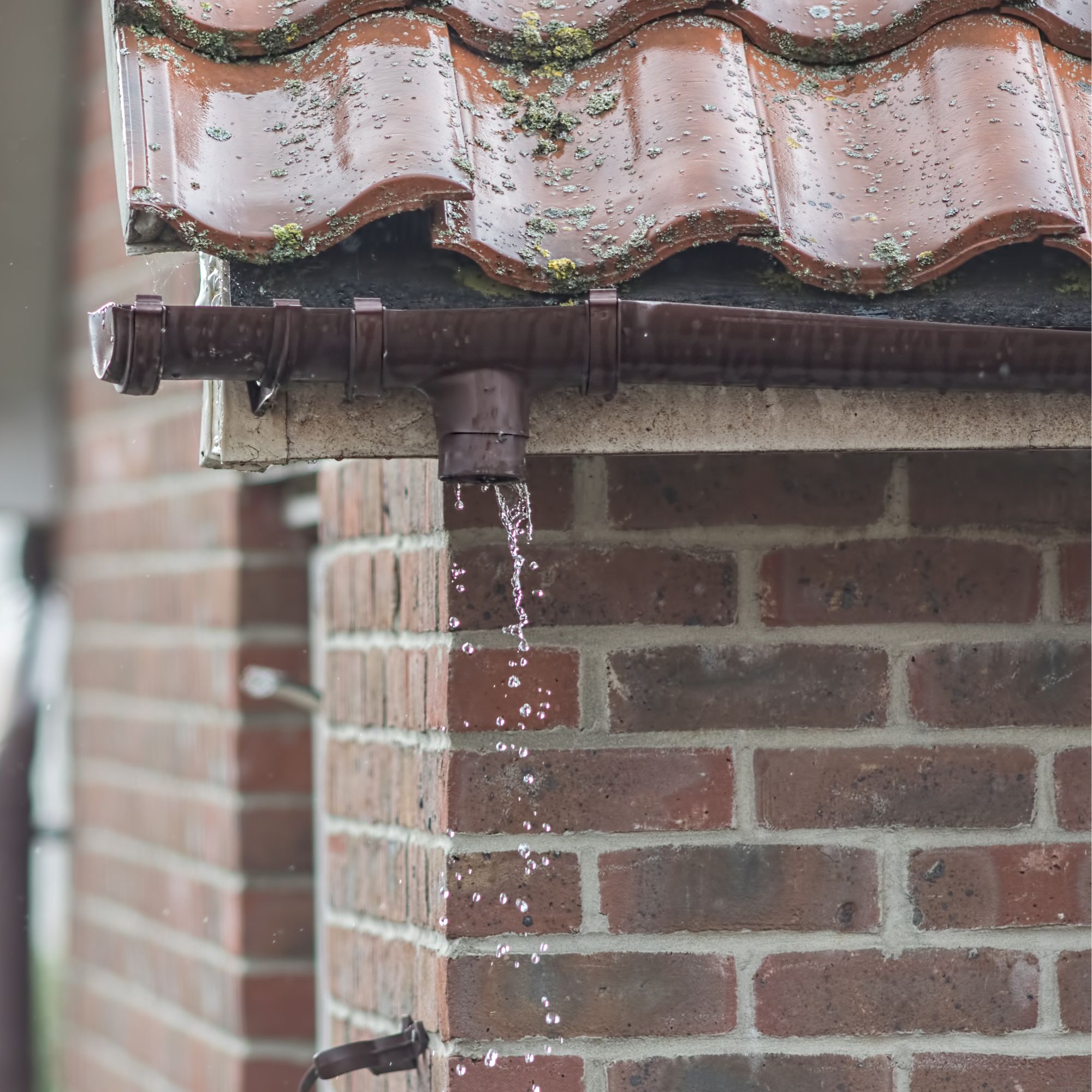 How to fix a leaky gutter – expert advice on what you'll need to get your gutters working properly again
How to fix a leaky gutter – expert advice on what you'll need to get your gutters working properly again7 steps to stop water dripping from your gutters
By Katie Sims
-
 Amanda Holden's maximalist guest bedroom uses a smart decorating trick to make it look bigger
Amanda Holden's maximalist guest bedroom uses a smart decorating trick to make it look biggerInterior experts say it's a masterclass in how to decorate a dormer bedroom
By Amy Lockwood
-
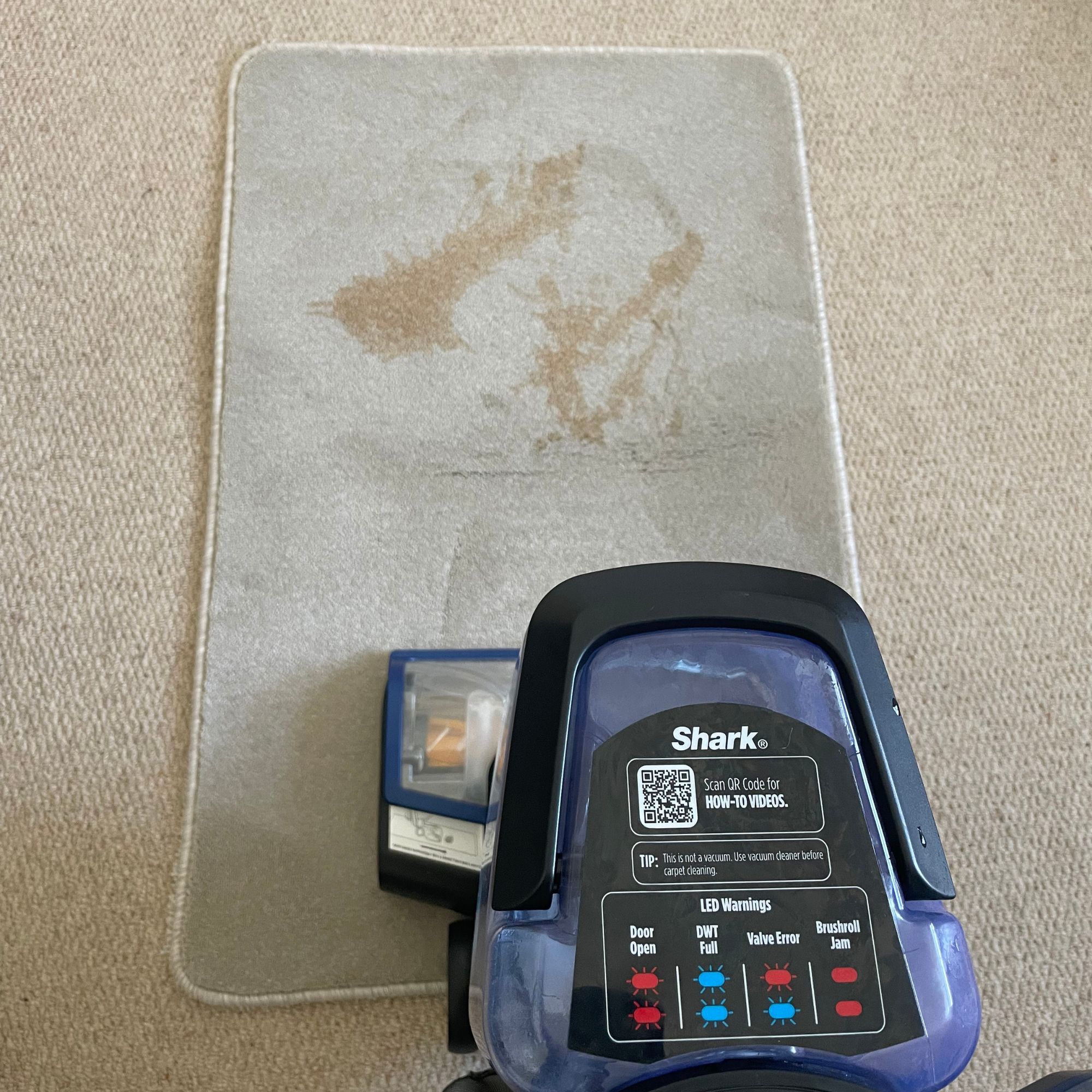 I threw wine, tea and mud on my carpets to test out Shark’s newest carpet cleaner — but after using it, you wouldn’t know
I threw wine, tea and mud on my carpets to test out Shark’s newest carpet cleaner — but after using it, you wouldn’t knowWith the built-in spot cleaner, it's also a game-changer for pet parents
By Lauren Bradbury
-
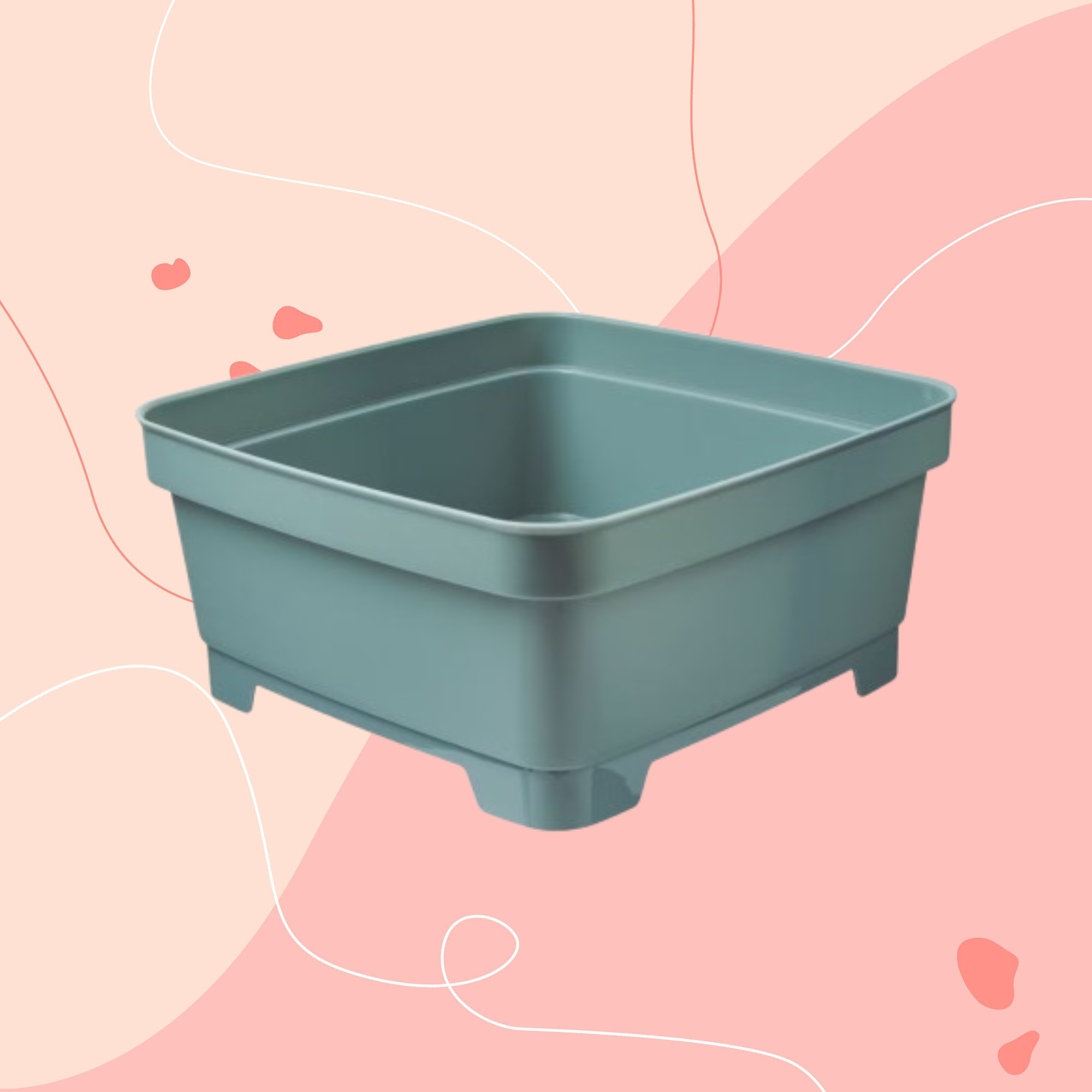 Aldi is releasing a budget alternative to the cult Joseph Joseph washing up bowl – it’s just £4.99
Aldi is releasing a budget alternative to the cult Joseph Joseph washing up bowl – it’s just £4.99The Joseph Joseph washing up bowl is an Ideal Home favourite - now we can't wait to try Aldi's alternative
By Kezia Reynolds
-
 I just bought my first home, and this £10 buy was the very first thing I bought for it to make it feel warmer and secure
I just bought my first home, and this £10 buy was the very first thing I bought for it to make it feel warmer and secureIf I did it all again, this would still be my very first buy
By Rebecca Knight
-
 It’s normally impossible to find a Dyson vacuum for under £250 — but QVC has slashed the price of their bestselling models for a limited time
It’s normally impossible to find a Dyson vacuum for under £250 — but QVC has slashed the price of their bestselling models for a limited timeRun don’t walk to pick up the brand’s bestselling model for under £230 before it sells out
By Lauren Bradbury
-
 Catherine Zeta-Jones has revealed the cleaning product she swears by to keep her home fresh - and it’s just £8 on Amazon
Catherine Zeta-Jones has revealed the cleaning product she swears by to keep her home fresh - and it’s just £8 on Amazon'I use it on my counters. I use it on my walls. I use it on my doors. When I smell it, I know my house is clean.'
By Kezia Reynolds
-
 I tested the 12L Challenge dehumidifier in my damp Victorian home over winter — I haven’t spotted any signs of mould for the first time in five years
I tested the 12L Challenge dehumidifier in my damp Victorian home over winter — I haven’t spotted any signs of mould for the first time in five yearsThe Challenge 12L dehumidifier doesn’t have too many bells and whistles, but I can already see the difference it’s made to my damp home
By Lauren Bradbury
-
 What is boiler flow temperature? Heating experts urge you to check yours now as you could be overpaying on your energy bills
What is boiler flow temperature? Heating experts urge you to check yours now as you could be overpaying on your energy billsTurning this little-known number down just a few degrees can result in some serious savings
By Lauren Bradbury
-
 Stacey Solomon has shared 5 nifty wardrobe storage hacks to make getting ready in the morning easier — and they're genius
Stacey Solomon has shared 5 nifty wardrobe storage hacks to make getting ready in the morning easier — and they're geniusThese five wardrobe storage hacks are a gamechanger
By Katie Sims
-
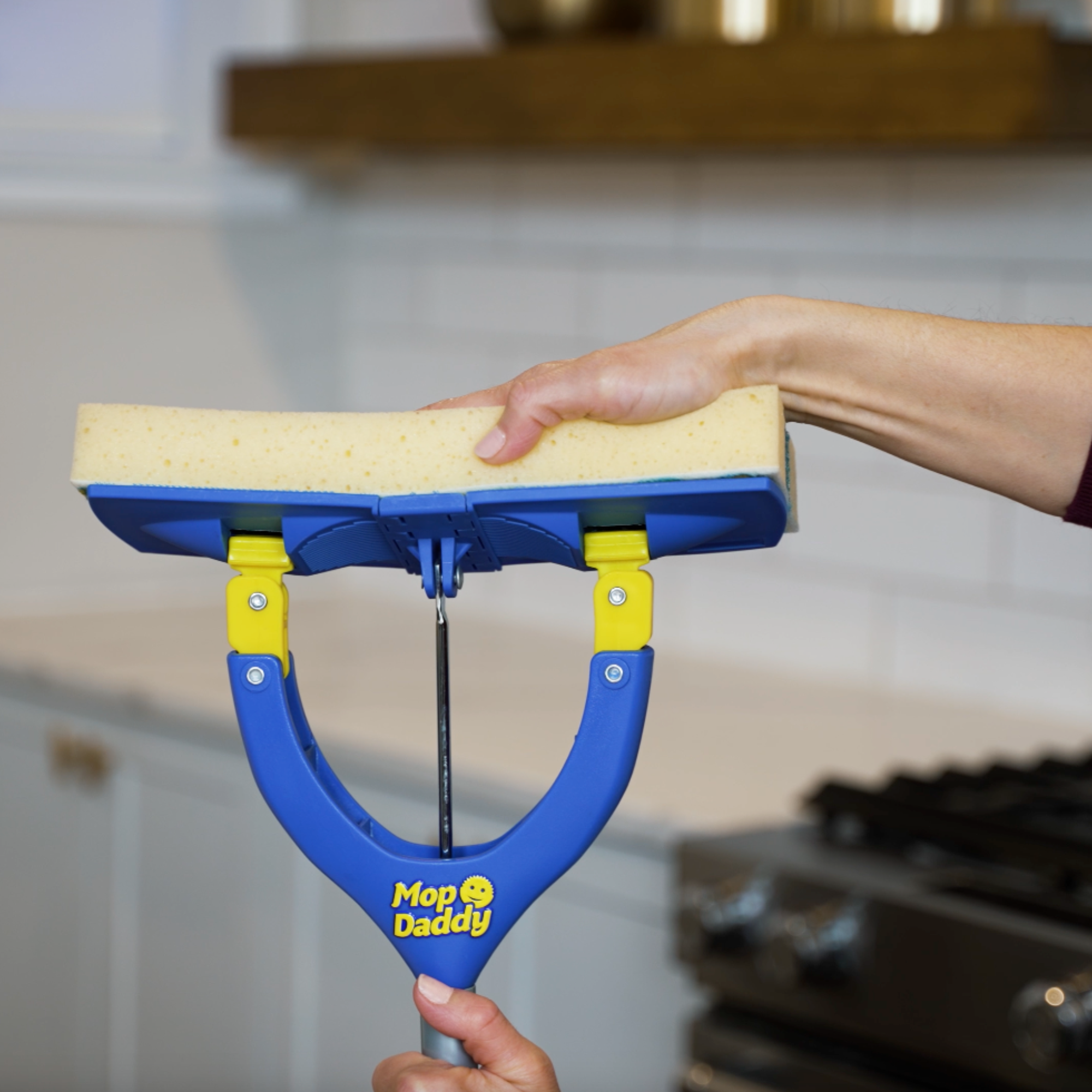 Cult cleaning brand Scrub Daddy has just launched a brand new butterfly mop — could it be the ultimate solution for banishing stubborn marks on your floor?
Cult cleaning brand Scrub Daddy has just launched a brand new butterfly mop — could it be the ultimate solution for banishing stubborn marks on your floor?We're obsessed with all things Scrub Daddy
By Kezia Reynolds
